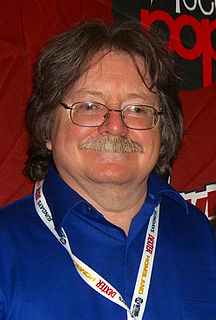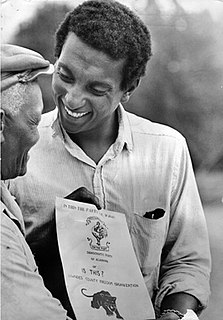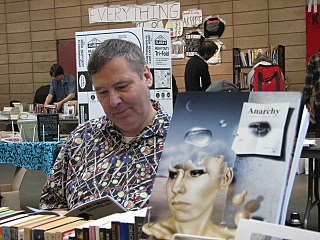A Quote by Albert Camus
Camus himself described this work as 'an attempt to understand the time I live in'.
Related Quotes
The attempt to live that way, the attempt to treat everybody - it fails all the time - but the attempt to treat people as equals is a good attempt. It's a very good attempt. And there have been very few governments that have come anywhere near it in the past. The Greeks began to, the Romans began to - they both failed.
"I liked the feeling of love," [Jonas] confessed. He glanced nervously at the speaker on the wall, reassuring himself that no one was listening. "I wish we still had that," he whispered. "Of course," he added quickly, "I do understand that it wouldn't work very well. And that it's much better to be organized the way we are now. I can see that it was a dangerous way to live." [...] "Still," he said slowly, almost to himself, "I did like the light they made. And the warmth."
During the '80s, those you would call the young philosophers of France, such as Bernard-Henri Lévy and [André ] Gluxman, pointed out that Camus had said things no one wanted to hear in the political arena. They said it was [Albert] Camus who was right, not those who had slid under the influence of Sartre, that is to say an unconditional devotion to Communism as seen in the Soviet Union. And ever since then the evaluation of Camus has continued to modify up until today
So time passes, and a much more political rather than literary reasoning intervenes, and from the day that [Albert] Camus wrote The Rebel, in 1955, there comes the rupture, and all, nearly all of the left wing intellectuals become hostile to him. Since he was already unfavourably viewed by the right-wing, he found himself entirely alone.







































